|
If you did not know that Lee Elliot Major OBE was a punk in the 1980s and once worked as a bin man for a summer job as a teenager in a London Borough, would it change how you think about him now as the University of Exeter’s Professor of Social Mobility? It was Lee’s experience of manual work on the streets of London that prompted him to re-evaluate and seek to improve his life. In fact, it has informed his varied career to build a better and fairer education system and to nurture aspiration as living proof that background should not matter. Further to the recent publication of his new book, “Equity in Education” (Lee Elliot Major and Emily Briant 2023) we welcomed Lee as keynote speaker for the SWIFT Autumn Term Leadership Forum in which Lee prompted us to think again (and again) about how education should be “the level playing field of learning.” Lee is familiar to SWIFT audiences presenting on social mobility in the South West and is dedicated to improving the prospects of young people from under-resourced backgrounds and co-founded the South West Social Mobility Commission. Back to Lee's former job as a bin man, are you aware of your (unconscious) biases and assumptions? Lee cautioned about falling into these traps - especially through the media in our increasingly unequal society. Education needs and can challenge the deficit mindsets. It is important to focus on what pupils can do rather than what they cannot do. “In the world of deficit thinking, education efforts feel like a very one-sided negotiation – we want you to come into our world, change who you are, fit into our culture, and play by our (unwritten) rules. Instead, we need to meet children (and people) halfway and find out what every person can offer, what we need to change, and how we can work together.” A good starting point is considered use of language: Equity not equality. Under-resourced not disadvantaged (the reality is a continuum). Partner with parents (rather than engage). Focus on pupils’ current achievement (rather than ability). Today’s society faces unprecedented barriers and inequalities and sees the first downward mobility rate since the war – not even accounting for the post-pandemic generation. Child poverty, based on free school meals across primary and secondary, has increased by 10% over the past five years to a stark 23.8% and too many pupils are failing GCSE English and Maths. “Life chances are shaped by cultural as well as material divides.” Research into millennium children has found that if children are underrated early, they perform worse later in their education. “Teachers can act differently towards working-class children, exuding less warmth, giving less eye contact and providing lower quality feedback.” It is essential to celebrate working class achievements in the classroom from all different backgrounds. Pupils are more likely to flourish in a middle class environment. Lareau (2002) described the ‘concerted cultivation’ as the sharp elbow behaviour of parents for children to advocate for themselves in the classroom. Parents actively foster and assess their child’s talents, opinions, and skills and provide multiple child leisure activities orchestrated by adults. Parents support reasoning/directives and child contestation of adult statements and extended negotiations between parents and child. Parents are more likely to criticise and intervene on behalf of their child that serves as training for the child to take on this role. “The secrets are in the system. The challenge is finding what schools are doing and replicating these consistently.” Clearly, schools can play a significant equity role in the face of increasing societal divides and benefit from acknowledging, considering and addressing biases and barriers to learning by committing to approaches with the potential to help those pupils from under-resourced backgrounds. Schools can address unconscious cultural biases and barriers through classroom discussions and materials to connect better with the lives of all pupils and a consistent system for providing positive feedback to pupils and parents and diversifying their staff. Diversity is needed in influential positions. Did you know that every British Prime Minister since World War II attended one university? (Oxford in case you needed to check). Schools can help to improve pupils' home learning environment and improved engagement with parents, building on parent partnerships already in the system and working together to develop more authentic parent relationships so that they do not feel alienated. Yet schools can only do so much and some factors that drive outcomes are beyond teachers’ control. Even if the changes can be transformative. Looking beyond schools to the bigger educational picture, Lee is in discussion with national policymakers to consider accountability and progress. For example, how to change Ofsted to be more realistic for schools and some pupils studying fewer GCSEs. Thank you to our questioners at the end of the talk who asked Lee about the highest leverage angle of approach to gain the best results in school; about potentially reducing the number of GCSEs from eight to five to improve equity for pupils and advice on building a community outreach programme to engage and support parents.
Lee recognised that schools can be unfairly treated and often try to find a magic bullet and yet too often, the social class question in education is taboo and an added pressure for busy classroom teachers. Teachers might inadvertently be giving less individualised feedback to those pupils who need it the most and could think about how they interact with children in the classroom. Lee believes the current one size fits all exams system is not working and puts increasingly impossible pressure on schools and often hinders teacher recruitment and retention, as well as pupil attendance. A revised system needs to be looked at in different ways without compromising standards. Lee reiterated the importance of positioning the community activity and to understand the values parents will bring with them. Consider activities in a neutral space, rather than always in the School Hall, which might bring back uncomfortable past memories of their own schooling for some parents. Middle-class parents tend to sit at the front of the hall, whereas Pupil Premium (PP) families sit at the back as schools can be alienating and intimidating places. We thank Lee for his presentation and for guiding us to consider equity in education. Report by Jude Owens, SWIFT Executive Assistant
0 Comments
Your comment will be posted after it is approved.
Leave a Reply. |
SWIFT News
|
SPONSORED BY
Join us, be a part of our SWIFT community |
© COPYRIGHT 2022 SOUTH WEST INSTITUTE FOR TEACHING SWIFT. ALL RIGHTS RESERVED | Website by brightblueC
VIEW OUR PRIVACY NOTICES | VIEW OUR COURSE T&CS
VIEW OUR PRIVACY NOTICES | VIEW OUR COURSE T&CS

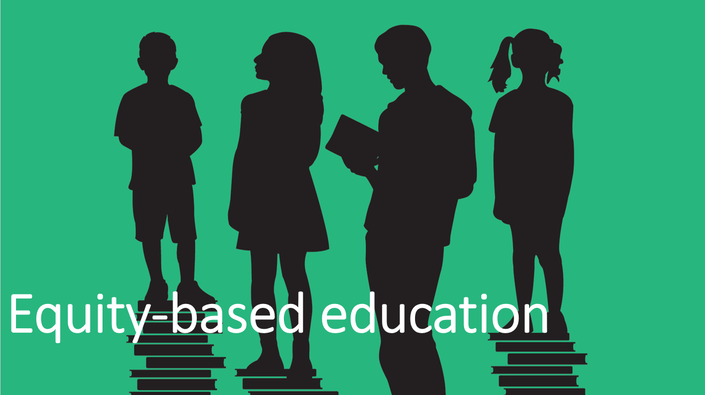
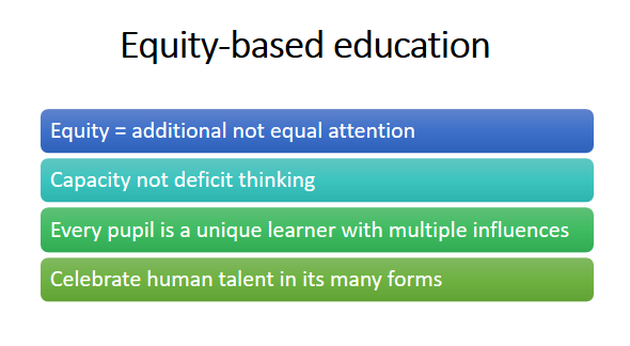
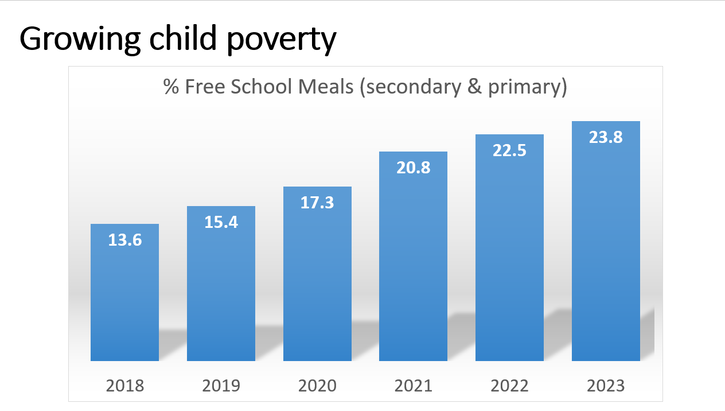
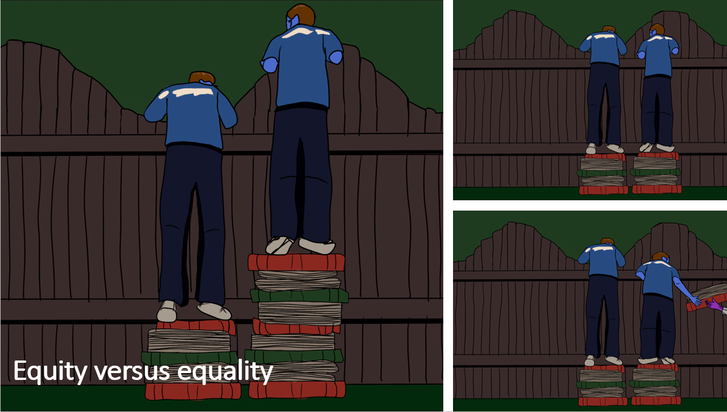
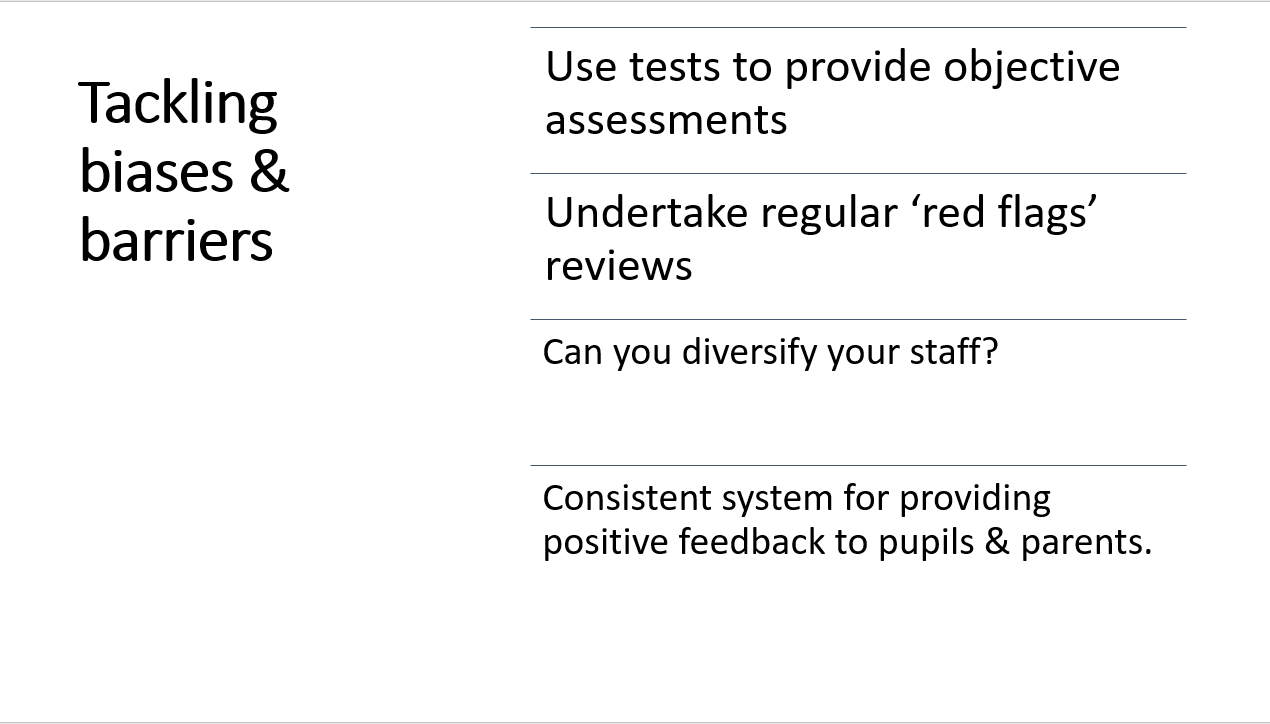
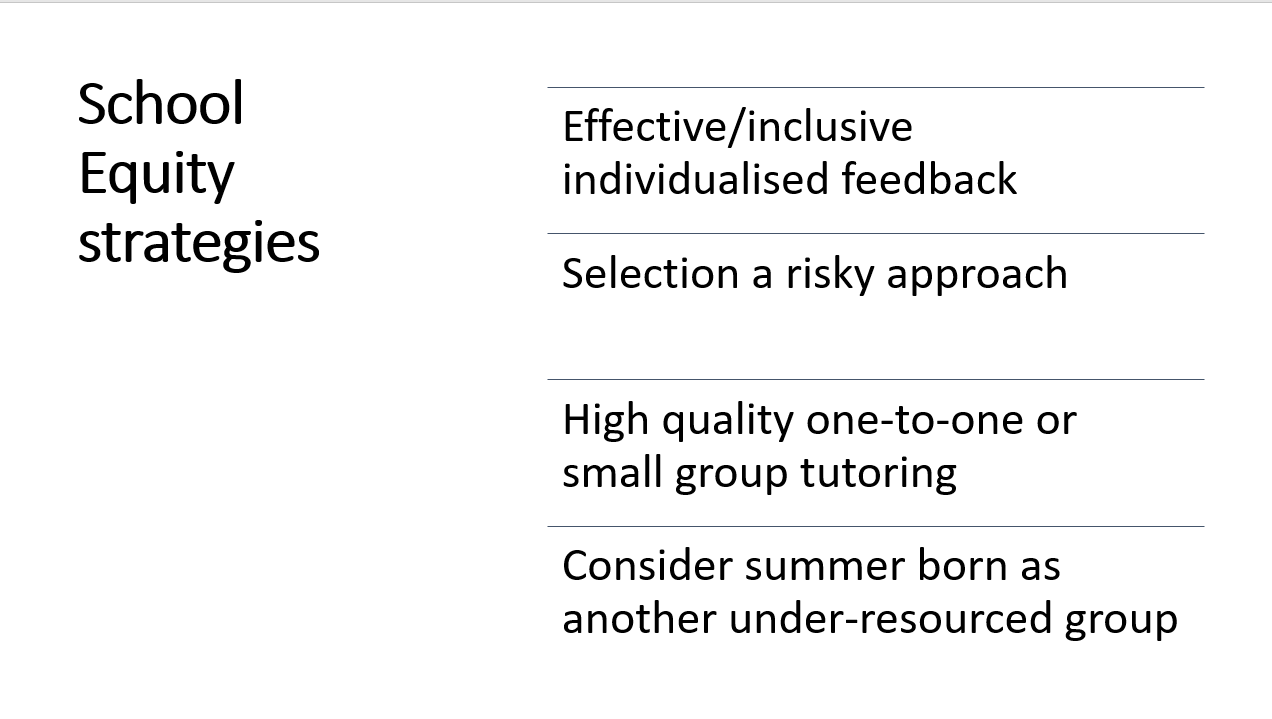
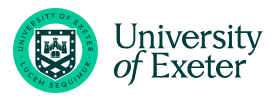
 RSS Feed
RSS Feed





